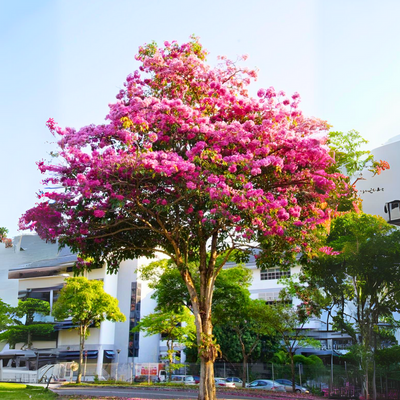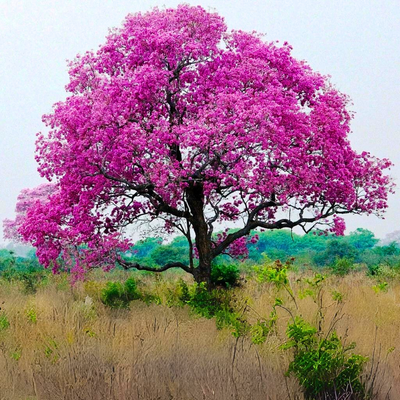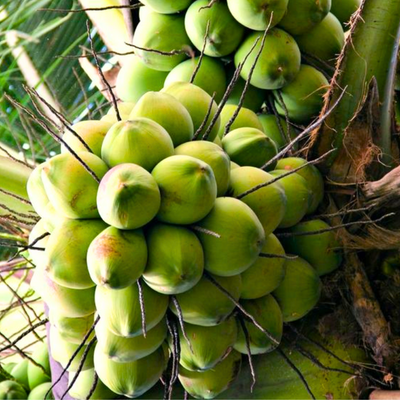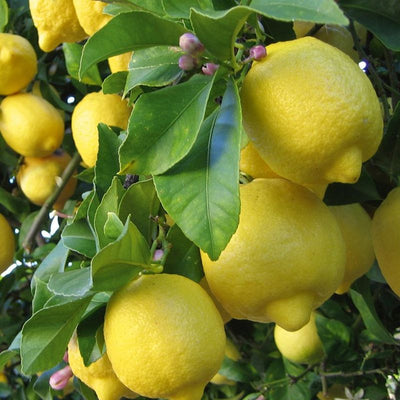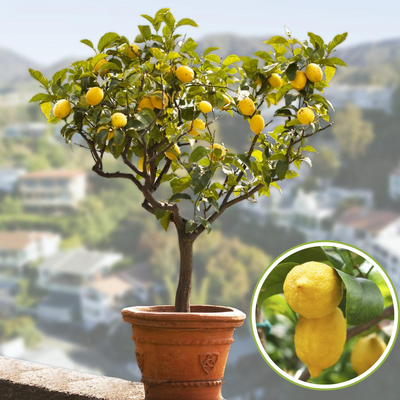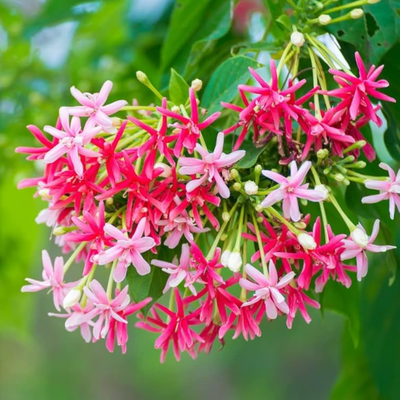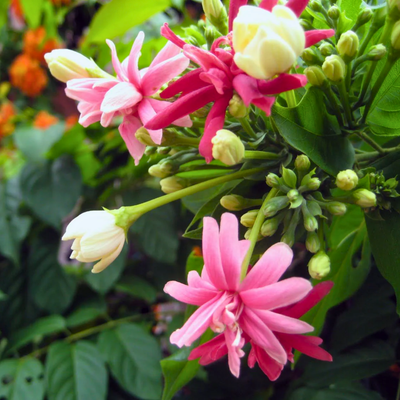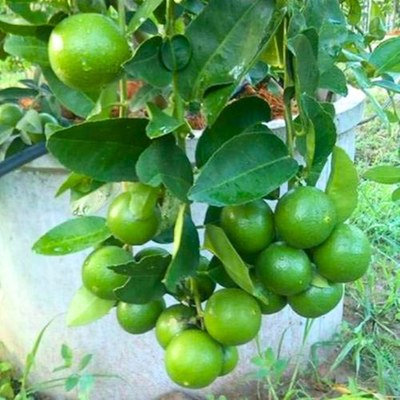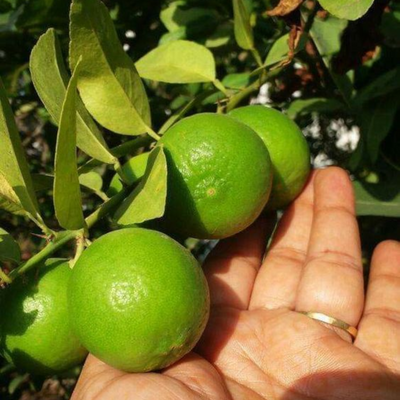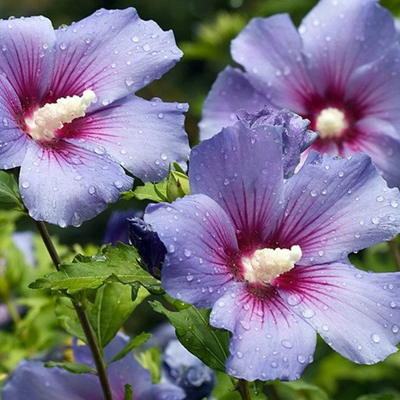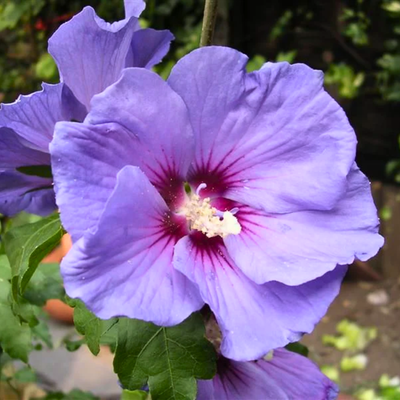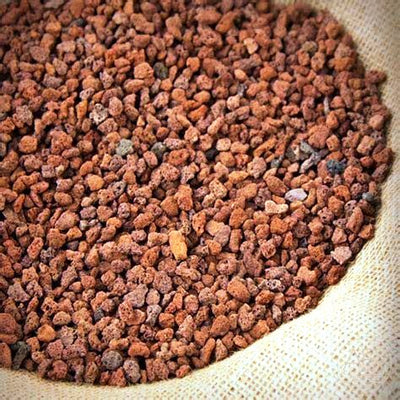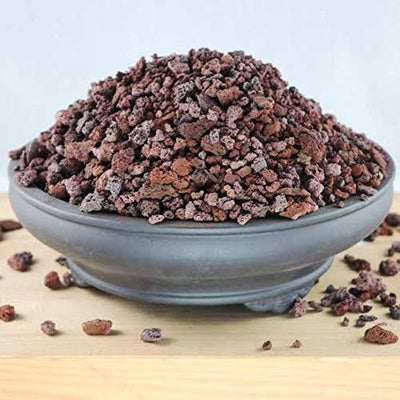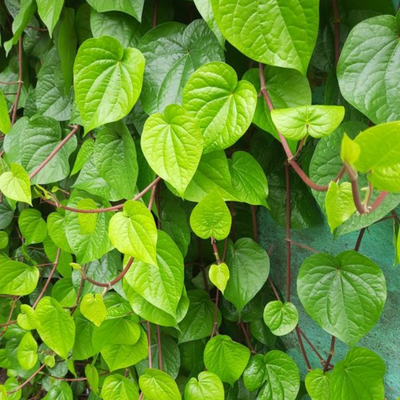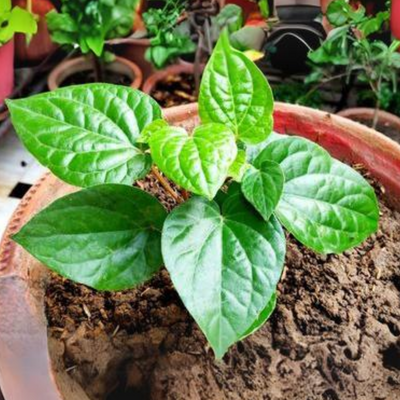
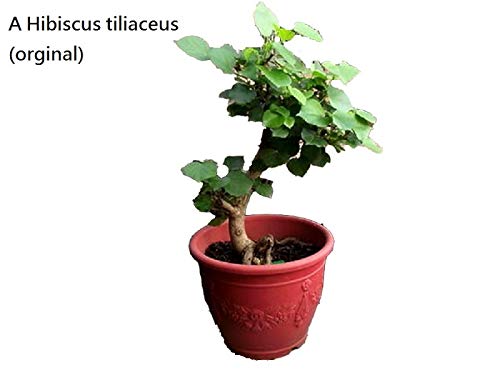
Hibiscus Tiliaceus Sapling Live Plant for Bonsai Training
Rs. 799.00
Guaranteed Safe Checkout
Hibiscus has Lovely Deep Green, Native to Hawaii. Used widely in Taiwan and Indonesia for their excellent Ability to Ramify and Speed of growth. Widely Used For Bonsai .Sea Hibiscus Likes Full Sun and Moderate Eater and Fertilizer. Tropical tree, keep away from Freezing Temperatures!
-
Grow potted hibiscus plants in loamy, lightweight soil. Hibiscus plants aren’t that particular about their soil mix, but they prefer lightweight material such as loam and peat moss. A regular bag of potting soil will usually work just fine. You can create their ideal soil conditions by mixing 1 part garden loam, 1 part peat moss, and 1 part fine sand or bark.
- A mix of 1 part coarse peat, 1 part composted bark, and 1 part composted manure mixed with a little bit of leca and vermiculite is also a great soil mix for hibiscuses.
-
Make sure the planter or container drains well. Loamy soil provides good drainage, but it's also important to grow hibiscuses in containers or planters that have plenty of drainage holes. After a watering, the environment should drain completely to prevent root rot. Water your plant, then watch for the water to come out of the drainage holes. Let the water drain into the plastic tray underneath
- Give the roots time to soak up the excess water, but if water is still in the tray after 12 hours, dump it out.
4
Give your hibiscus plants warm water. Never use cold water on hibiscus plants. They like their water to be around 95°F (35°C). Use a thermometer or touch the water with your hand before administering it to check the temperature. Avoid using water that's much hotter than 95°F (35°C), since they don't like overly warm water either.
𝗥𝗲𝗹𝗮𝘁𝗲𝗱 𝗽𝗿𝗼𝗱𝘂𝗰𝘁𝘀
Flowering Plants
Green Paradise Tabebuia rosea Pink Trumpet Tree
Green Paradise Offers Beautiful Tabebuia Rosea Pink Trumpet Tree About Tabebuia Rosea Pink Trumpet Tree Green Paradise Presents Beautiful Pink Flowered Tree Tabebuia Rosea. Easy Growing And Can be Grown...
Rs. 699.00
Rs. 449.00
Outdoor Plant
Green Paradise Dwarf Variety Green Coconut Plant
Green Paradise Offers Dwarf Variety Green Coconut Plant About Green Coconut Plant The dwarf variety of green coconut plants, also known as the dwarf coconut palm or Cocos nucifera...
Rs. 699.00
Rs. 499.00
Fruit Plants
Green Paradise Italian Lemon Fruit Live Plant
Green Paradise Offers Amazing And Most Easy To Grow Italian Lemon Plant About The Italian Lemon Plant Light The Lemon Tree thrives in full sun in a place that...
Rs. 399.00
Flowering Plants
Madhumalati Rangoon Creeper Double Petal Plant
Green Paradise Offers Beautiful Madhumalti Double Petal Rangoon Creeper Plant About Madhumalti Creeper The Madhumalti Creeper with Double Petals, also known as Rangoon Creeper (Scientific name: Quisqualis indica), is a...
Rs. 539.00
Rs. 399.00
Fruit Plants
Green Paradise Original Desi Lemon (Kagzi Lemon)Plant
Green Paradise Offers Original & Healthy Desi Lemon Plant About Desi Lemon Plant The Desi Lemon plant, scientifically known as Citrus limon, is a small to medium-sized tree...
Rs. 349.00
Flowering Plants
New rare Blue Hibiscuss Alyogyne huegelii live and healthy plant
Enchanting Elegance: Unveiling the Allure of the Green Paradise Blue Hibiscus Plant About Blue Hibiscus Plant Nature never ceases to amaze us with its boundless creativity, and the blue hibiscus...
Rs. 299.00
SOIL & FERTILIZERS
porous rocks for Soilmix In bonsai,succulents and adenium Plants 5kg pack
green Paradise porous rocks Provides High quality ingredients throughout, Good water-retention, Good drainage and Good aeration to the plants. porous rocks are Light Weight And used as a component of...
Rs. 649.00
Herbal And Medicinal Plants
Maghai Pan Nagarvel Betel Leaf Live Plant
Green Paradise Offers Maghai Pan (Betel Leaf) Plant About Maghai Pan Plant Maghai Paan (Betel leaf), also known as Piper beetle, is a perennial vine belonging to the Piperaceae family....
Rs. 349.00



